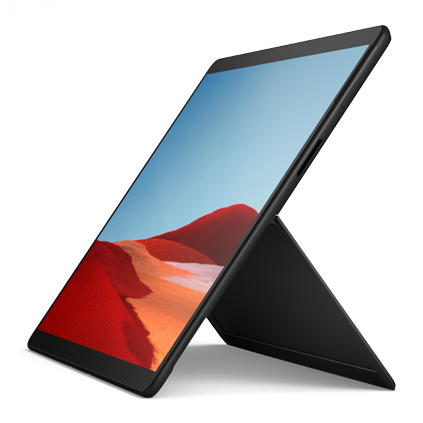Why the Surface Pro X without LTE is perfect for me
The Surface Pro isn't just about LTE, which is why I love that Microsoft made a Wi-Fi version.
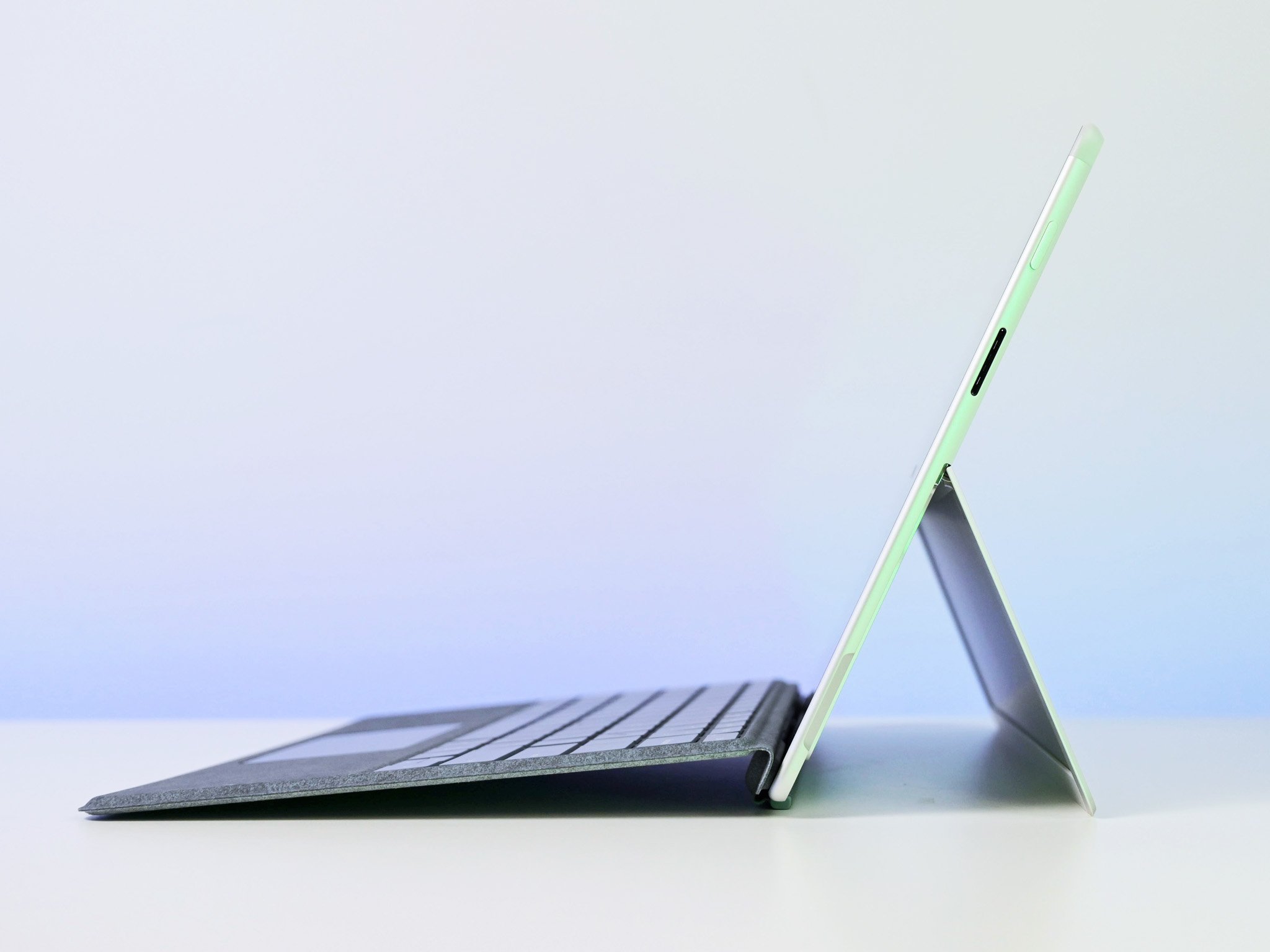
All the latest news, reviews, and guides for Windows and Xbox diehards.
You are now subscribed
Your newsletter sign-up was successful
Earlier today, Microsoft announced a version of the Surface Pro X without support for LTE. Models with LTE will still be available, of course, but the version with only Wi-Fi connectivity for the web may raise a few eyebrows. The Surface Pro X is advertised as an Always Connected device, so it might seem odd to make it an only sometimes connected device.
While I'm sure the LTE version of the Surface Pro will continue to be popular, I believe there's a niche for a device without LTE support, and I'm squarely in it.
I mostly use my gadgets at home
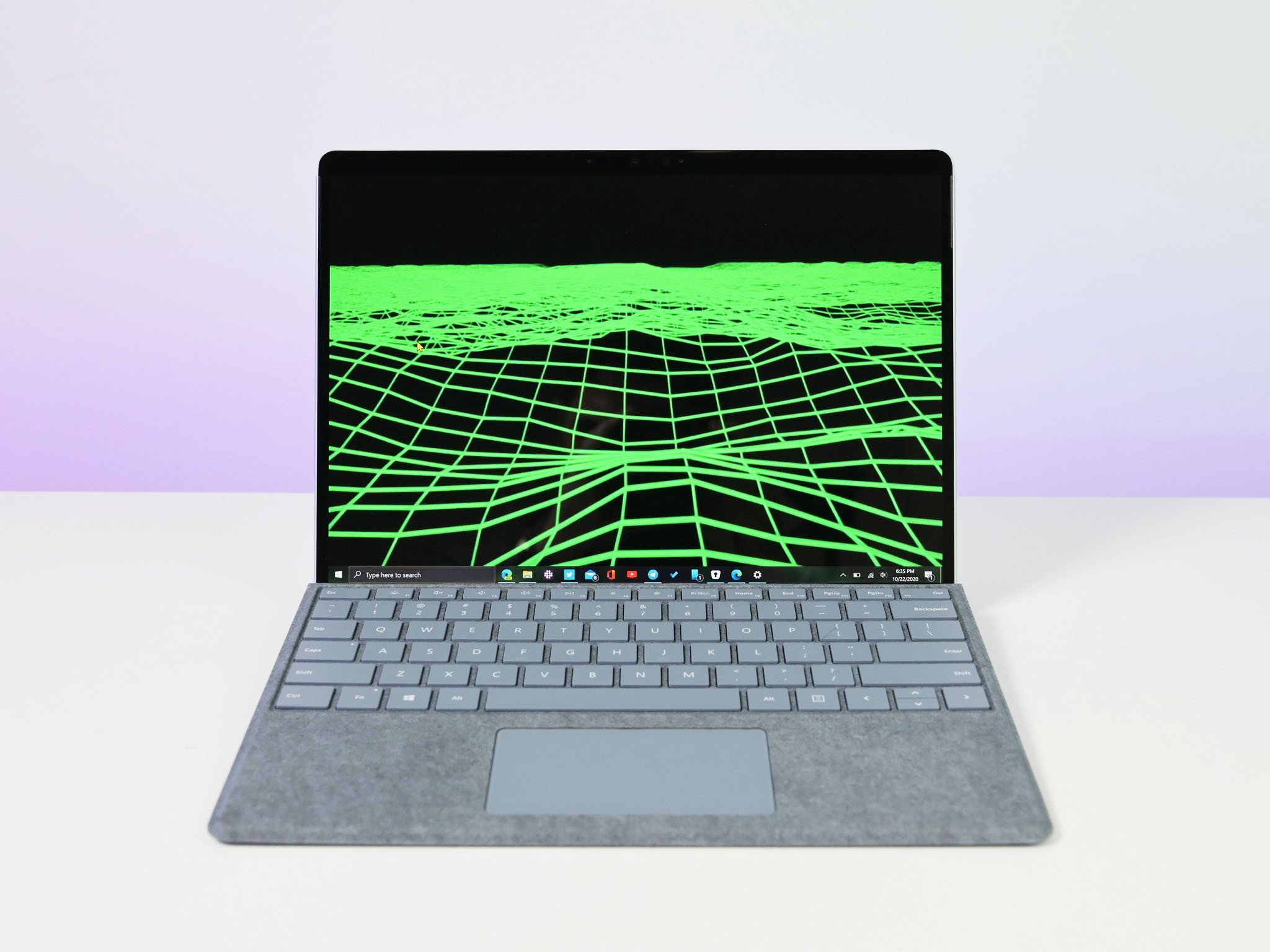
I'm a homebody. I consider myself active, but I'm based at home. I work from home, walk my dogs, and coach American football within a short drive or tram ride from my house. If I do travel, it's to see my parents in America, who have an office at home. I almost never have to work while using cellular data.
I think that Always Connected devices are great for many people but being able to connect to the web from anywhere without having to tether to my phone doesn't move the needle for me.
I can't imagine that I'm the only person who primarily uses their tablet in their own home. If I am, it's nice that Microsoft built a tablet just for me.
I don't want to waste money
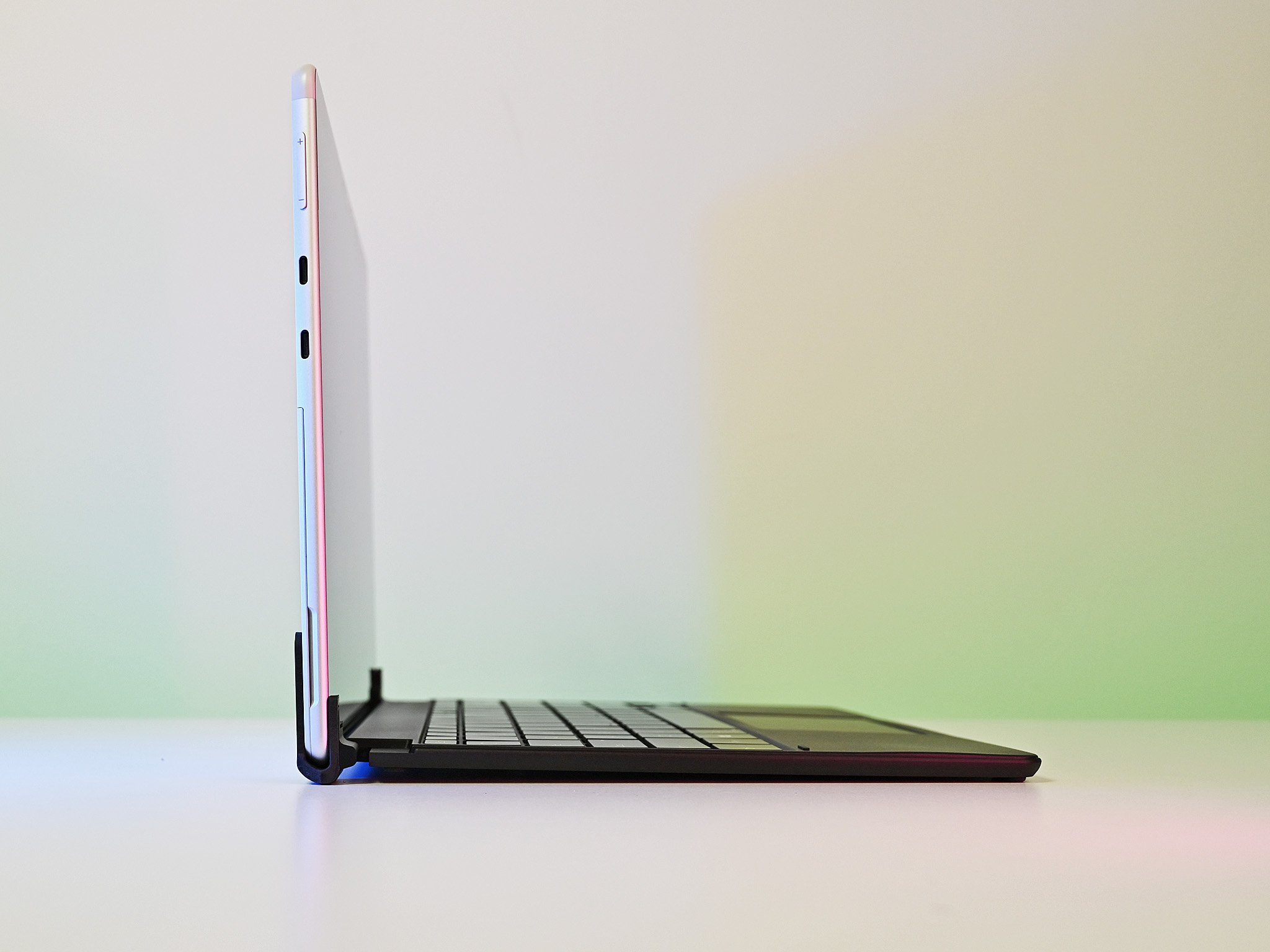
I suppose if money wasn't an object, I'd pick up an LTE version of the Surface Pro X. There's certainly no harm in having an option to connect through LTE, but I don't need to pay $100 for it. I also don't want to have to pay for a separate SIM plan since I'd use LTE connectivity so infrequently.
On the rare occasion in which I do have to use a device through LTE, I just use my phone to tether my connection. I know it's not as elegant as having built-in LTE support. I know it drains my phone's battery. But the reality is that I do it so little that those are minor inconveniences.
All the latest news, reviews, and guides for Windows and Xbox diehards.
For some strange reason, I was given the chance to upgrade to 165GB of cellular data per month for less money than I was paying to get 25GB. I share mobile data with my wife, and we've never used all 165GB. Maybe that's not normal, but in my specific case, I have more data than I can use, so paying for a separate SIM card to avoid having to tether isn't worth it. Paying $100 extra so my device can use that SIM card doesn't make sense either.
I can put the money I save towards a Brydge SPX+ keyboard that converts the Surface Pro X into a traditional laptop.
I love the Surface Pro X's design
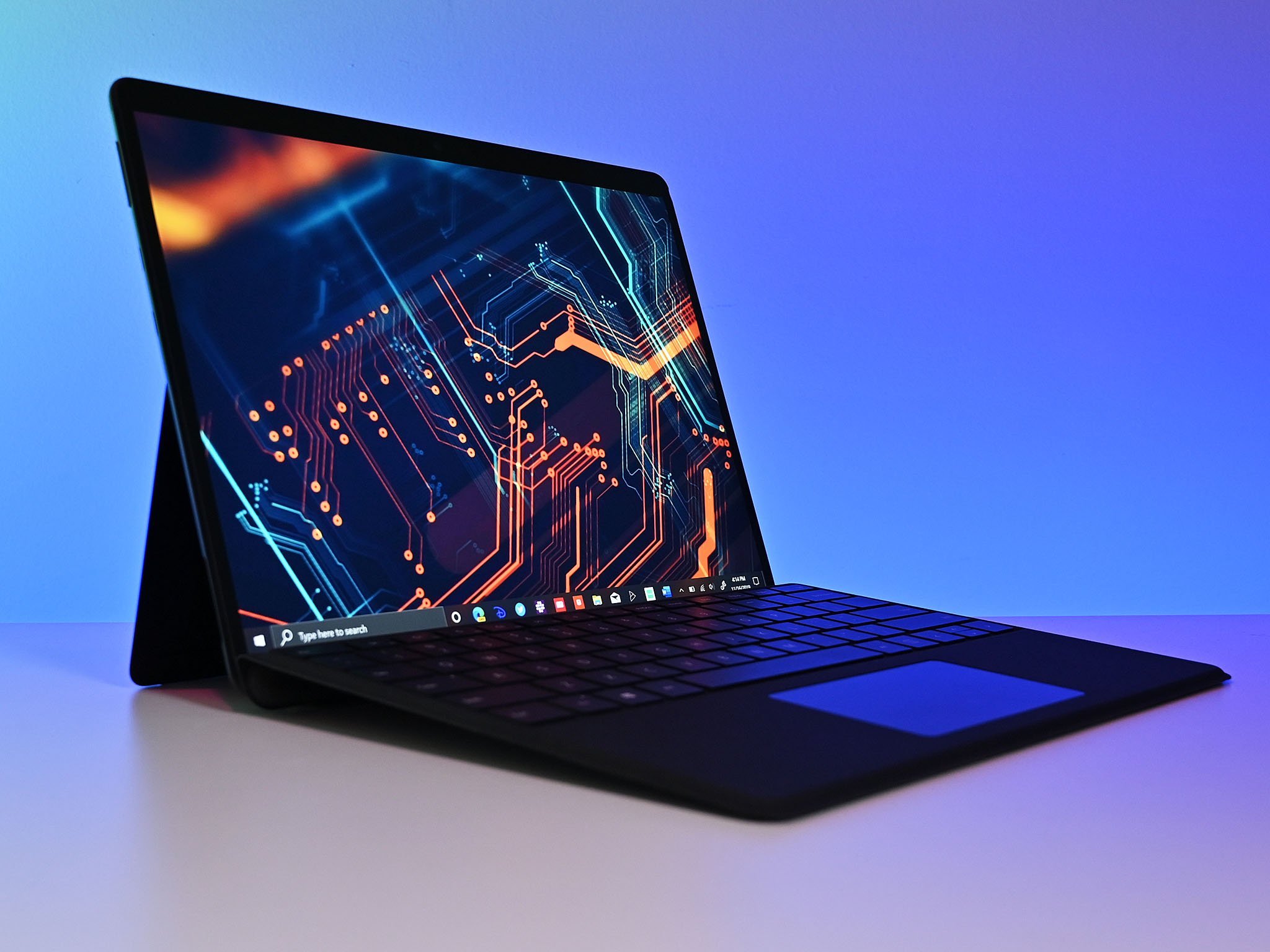
Windows 10 on ARM and Windows 11 on ARM aren't just about devices always being connected to the web. That's one major selling point, but it's not the only draw. Devices like the Surface Pro X are sleek, thin, and light. They also get excellent battery life. There's a reason that it tops our list as the best Windows 10 tablet.
Two major factors have held me back from considering the Surface Pro X as a personal device. First, it is a bit pricey. If I bought a Surface Pro X, it would be a nice-to-have, not a must-have. Saving $100 makes it easier to treat myself. Occasionally the LTE model of the Surface Pro X goes on sale for $800. I'm hoping that the Wi-Fi version falls below that at some point.
Second, there are some apps that I use that don't work with Windows 10 on ARM. Luckily, Windows 11 on ARM supports x86 and x64 app emulation. With support for both, all of the apps I use work on the Surface Pro X in some capacity. Of course, apps compiled to run natively on ARM devices will run better, but I'll at least be able to use my favorite apps.
With Windows 11 and a more affordable Surface Pro X that doesn't have LTE, Microsoft overcame two of my final hurdles.

Sean Endicott is a news writer and apps editor for Windows Central with 11+ years of experience. A Nottingham Trent journalism graduate, Sean has covered the industry’s arc from the Lumia era to the launch of Windows 11 and generative AI. Having started at Thrifter, he uses his expertise in price tracking to help readers find genuine hardware value.
Beyond tech news, Sean is a UK sports media pioneer. In 2017, he became one of the first to stream via smartphone and is an expert in AP Capture systems. A tech-forward coach, he was named 2024 BAFA Youth Coach of the Year. He is focused on using technology—from AI to Clipchamp—to gain a practical edge.
